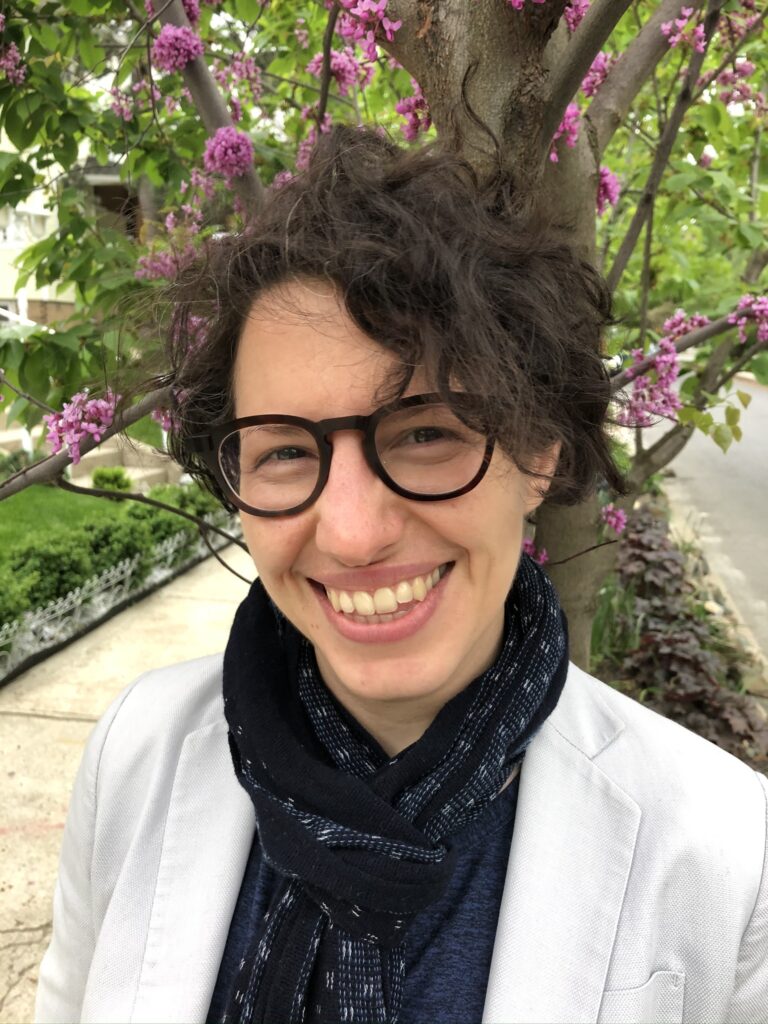
I write and teach about modern and contemporary drama, theatre, and performance, with specializations in twentieth- and twenty-first century dramatic literature in the United States and Britain. Much of my research is in dialogue with the growing scholarly subfields that reconsider how we write and think about space, place, and performance in the global city, with particular focus on inquiries related to geography, community, race, gender, sexuality, and class. My first monograph, Drop Dead: Performance in Crisis, 1970s New York (Northwestern University Press, 2016), sits at the nexus of dramatic literature and urban history. The project looks at theatre practices in 1970s New York through the lens of austerity and intervenes in multi-disciplinary conversations about the relationship between the arts and economic scarcity. Other works include Playwrights on Television: Conversations with Dramatists (Routledge, 2020) and the full-length play Preparedness (2021).
I have published on topics including performance and gentrification, activist theatre traditions, theatre historiography, and interdisciplinary curriculum design in RiDE: The Journal of Applied Theatre and Performance, Theatre Journal, Performance Research, The Radical History Review, Theatre Survey, PAJ, and Lateral.
My current project, Brotherhood or the New Hell: Race, Religion, and Politics at The Sanctuary is a cultural history of one of the first professional theatre spaces to mount plays with integrated casts in New York, the Greenwich Mews Theatre. Between 1949 and 1973 the Mews premiered groundbreaking work by Black playwrights—including Alice Childress, Langston Hughes, Loften Mitchell—addressing censorship, racist violence, discrimination, and workers’ rights.
At Queens College, City University of New York (CUNY), I have incorporated the “spatial turn” in literary and theatre studies into my teaching in courses such as Censorship and Surveillance in Post-War Drama and Performance and Urban Stages: Dramatic Literature and the City. Both explore representations of the city on stage from World War II to the present and analyze dramatic conflicts at the intersection of property and identity. I am also affiliate faculty in the Ph.D. Program in Theatre and Performance at The Graduate Center.
From 2021-2023 I served as the Vice President of Awards for the Association of Theatre in Higher Education (ATHE). I have taught theatre, performance, writing, and oral communications at Baruch College (CUNY), Stanford University, California State University-Northridge, and (since 2018) at Queens College (CUNY). Previously the Assistant Director for the Summer Writers Lab at Long Island University, Brooklyn, I worked in literary development at Vox3 Films, Young Playwrights, Inc., and Boynton Films.
Contact: hillary [dot] miller [at] qc.cuny.edu

